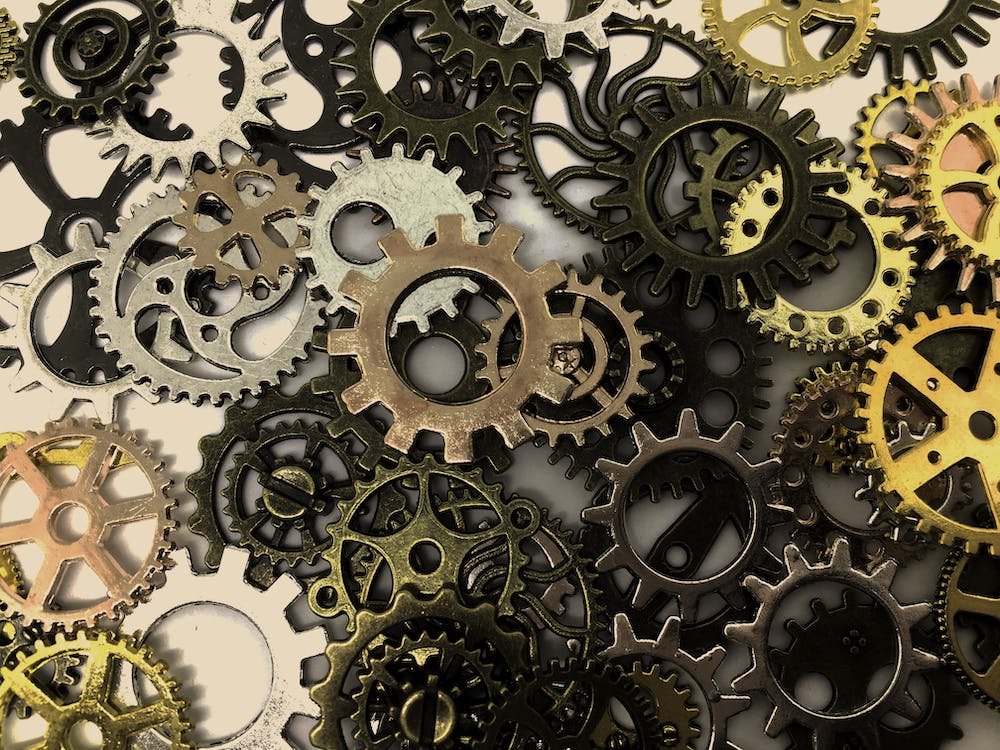
FAQ About Industrial Design

What skills are required to become an industrial designer?
To become an industrial designer, there are several skills and qualities that are valuable for success in the field. Here are some essential skills required to become an industrial designer:
- Creativity: Industrial designers need to have a strong creative ability to generate innovative ideas, think outside the box, and come up with unique design concepts.
- Design Thinking: Industrial designers should possess strong problem-solving skills and the ability to approach challenges from a user-centered perspective. They should be able to understand user needs, analyze problems, and develop effective design solutions.
- Visual and Spatial Skills: Proficiency in sketching, drawing, and visual communication is crucial for industrial designers. They should be able to translate their ideas into visual representations and effectively communicate their designs to others.
- 3D Modeling and CAD: Industrial designers need to be proficient in using computer-aided design (CAD) software to create detailed 3D models of their designs. Knowledge of CAD tools such as SolidWorks, Rhino, or Autodesk Fusion 360 is often required.
- Technical Understanding: Industrial designers should have a good understanding of materials, manufacturing processes, and engineering principles. They need to be familiar with various production techniques and be able to design products that can be manufactured efficiently.
- Aesthetics and Form: Industrial designers should have a keen sense of aesthetics, understanding the principles of visual design, and the ability to create visually appealing and harmonious product forms.
- Ergonomics and Human Factors: Industrial designers need to consider the ergonomics and usability of products. They should have knowledge of anthropometry, human factors, and user-centered design principles to create products that are comfortable and intuitive to use.
- Prototyping and Testing: Skills in prototyping and testing are valuable for industrial designers. They should be able to create physical or digital prototypes to evaluate and refine their designs based on user feedback and testing results.
- Communication and Presentation: Industrial designers should have excellent communication skills to effectively convey their design ideas, collaborate with team members, and present their concepts to clients or stakeholders. Strong verbal, written, and visual communication skills are essential.
